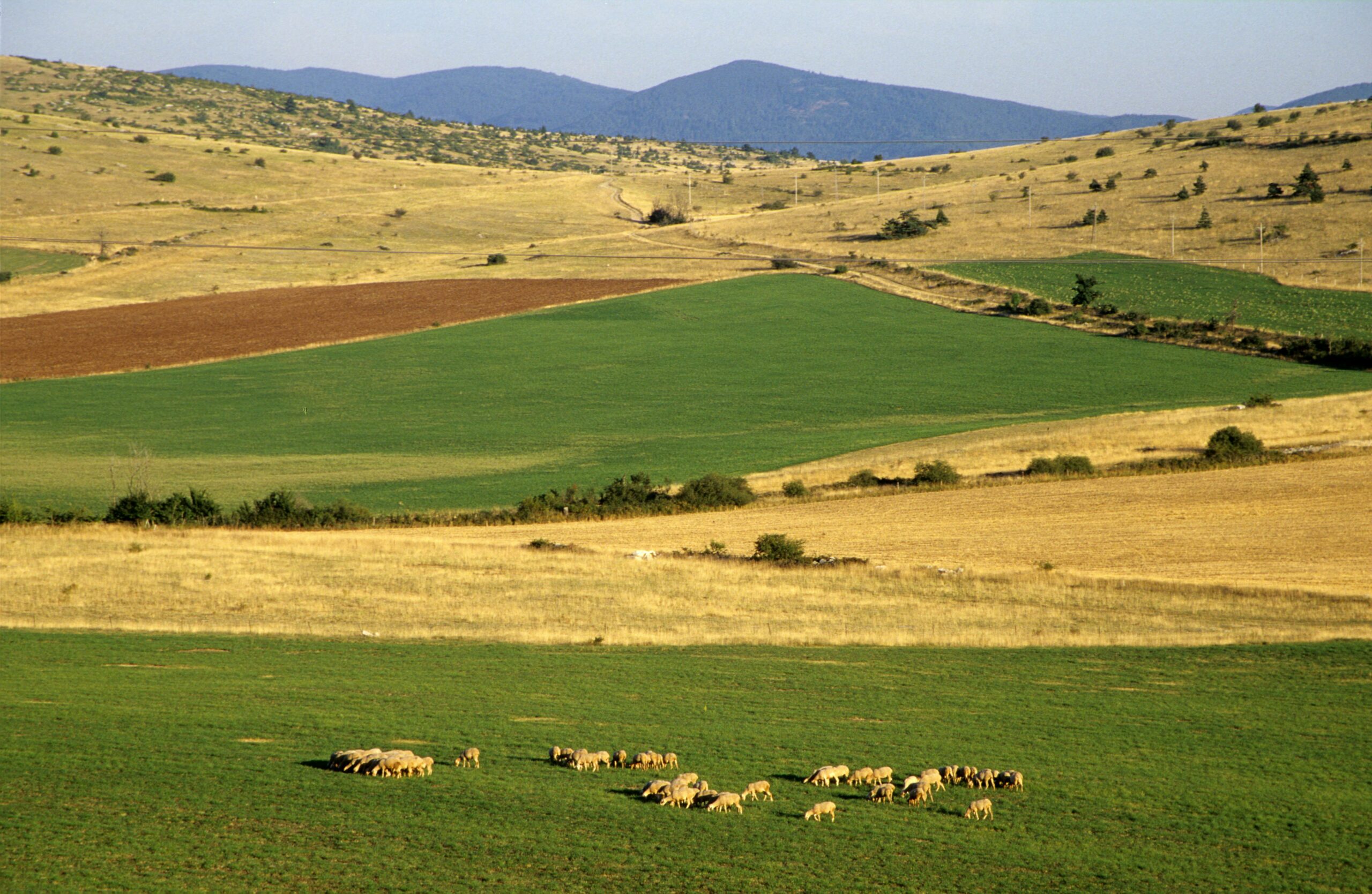Promoting Agroecological Practices in Agricultural Lands, France

Agroecological farming is reshaping agriculture in France. Bio-Capital Use Case 2 highlights efforts to enhance biodiversity and soil health through sustainable practices, supported by innovative financial mechanisms to ensure long-term viability.
What is Use Case 2 About?
Use Case 2 (UC2) focuses on advancing biodiversity-friendly farming practices across agricultural lands in southwestern France. This region, specifically the Occitanie and Nouvelle-Aquitaine areas, is characterized by its diverse agricultural landscape of arable crops, pastures, and vineyards. UC2’s primary objective is to support the agroecological transition of farming practices, with an emphasis on promoting biodiversity, improving soil health, and mitigating the impacts of climate change.
This use case integrates three major initiatives—Solnovo, ACTAE, and Haies 79—which together engage hundreds of farms in the region. These projects work directly with farmers to implement sustainable practices such as crop diversification, hedgerow planting, and no-till farming, while also utilizing financial mechanisms like mutual insurance funds to manage the financial risks of this transition .
Where is this Use Case Being Implemented?
UC2 is implemented in the southwestern region of France, particularly in Occitanie and Nouvelle-Aquitaine. These areas represent agricultural zones with significant potential for biodiversity restoration through the adoption of agroecological practices. The landscapes are dominated by vineyards, pastures, and crop fields, where intensive farming practices have often led to soil degradation and loss of biodiversity .
When is the Project Timeline?
UC2 is part of the broader BIO-CAPITAL initiative, which commenced in June 2024 and will continue for 42 months. The various projects within UC2 are expected to yield insights on the effectiveness of agroecological practices by monitoring ecological and economic outcomes through advanced geospatial technologies. These findings will contribute to the scaling of biodiversity-friendly practices across other regions in Europe .
Who is Involved?
UC2 involves a diverse group of stakeholders, including farmers, cooperatives, researchers, and financial institutions. The three core initiatives within this use case bring together hundreds of farms, each of which plays a critical role in adopting and testing agroecological practices. The local farmers are supported by public and private financial structures that provide necessary funds and financial safety nets, such as mutual insurance mechanisms, to mitigate the risks associated with transitioning away from traditional farming methods .
Why Is UC2 Important?
The agricultural sector is a major contributor to biodiversity loss due to practices that often prioritize short-term productivity over long-term sustainability. UC2 addresses this challenge by encouraging the adoption of agroecological practices that not only improve biodiversity but also enhance soil health, increase water retention, and reduce carbon emissions. These practices, such as the restoration of hedgerows and the use of multi-species cover crops, help to create more resilient agricultural systems that can better withstand the impacts of climate change .
Additionally, UC2 explores innovative financial mechanisms to support farmers during this transition. Mutual insurance funds and other tools provide financial security for farmers who may face short-term losses as they shift to sustainable farming methods. By demonstrating the economic viability of agroecology, UC2 paves the way for broader adoption of biodiversity-friendly practices in the agricultural sector .

